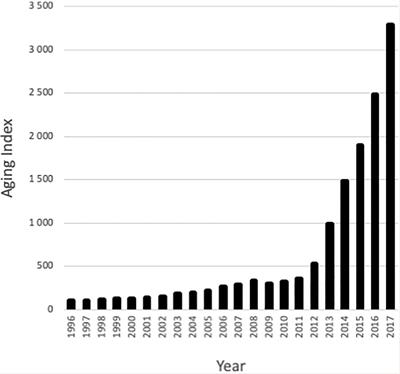EDITORIAL
Published on 21 Jan 2020
Editorial: Connecting People to Their Oceans: Issues and Options for Effective Ocean Literacy
doi 10.3389/fmars.2019.00837
- 4,501 views
- 18 citations
18k
Total downloads
113k
Total views and downloads
Select the journal/section where you want your idea to be submitted:
EDITORIAL
Published on 21 Jan 2020
PERSPECTIVE
Published on 18 Oct 2019
REVIEW
Published on 11 Oct 2019

BRIEF RESEARCH REPORT
Published on 09 Oct 2019

COMMUNITY CASE STUDY
Published on 13 Sep 2019

ORIGINAL RESEARCH
Published on 10 Jul 2019

ORIGINAL RESEARCH
Published on 09 Jul 2019

ORIGINAL RESEARCH
Published on 28 Jun 2019

COMMUNITY CASE STUDY
Published on 25 Jun 2019

ORIGINAL RESEARCH
Published on 06 Jun 2019

SYSTEMATIC REVIEW
Published on 28 May 2019

ORIGINAL RESEARCH
Published on 19 Feb 2019

